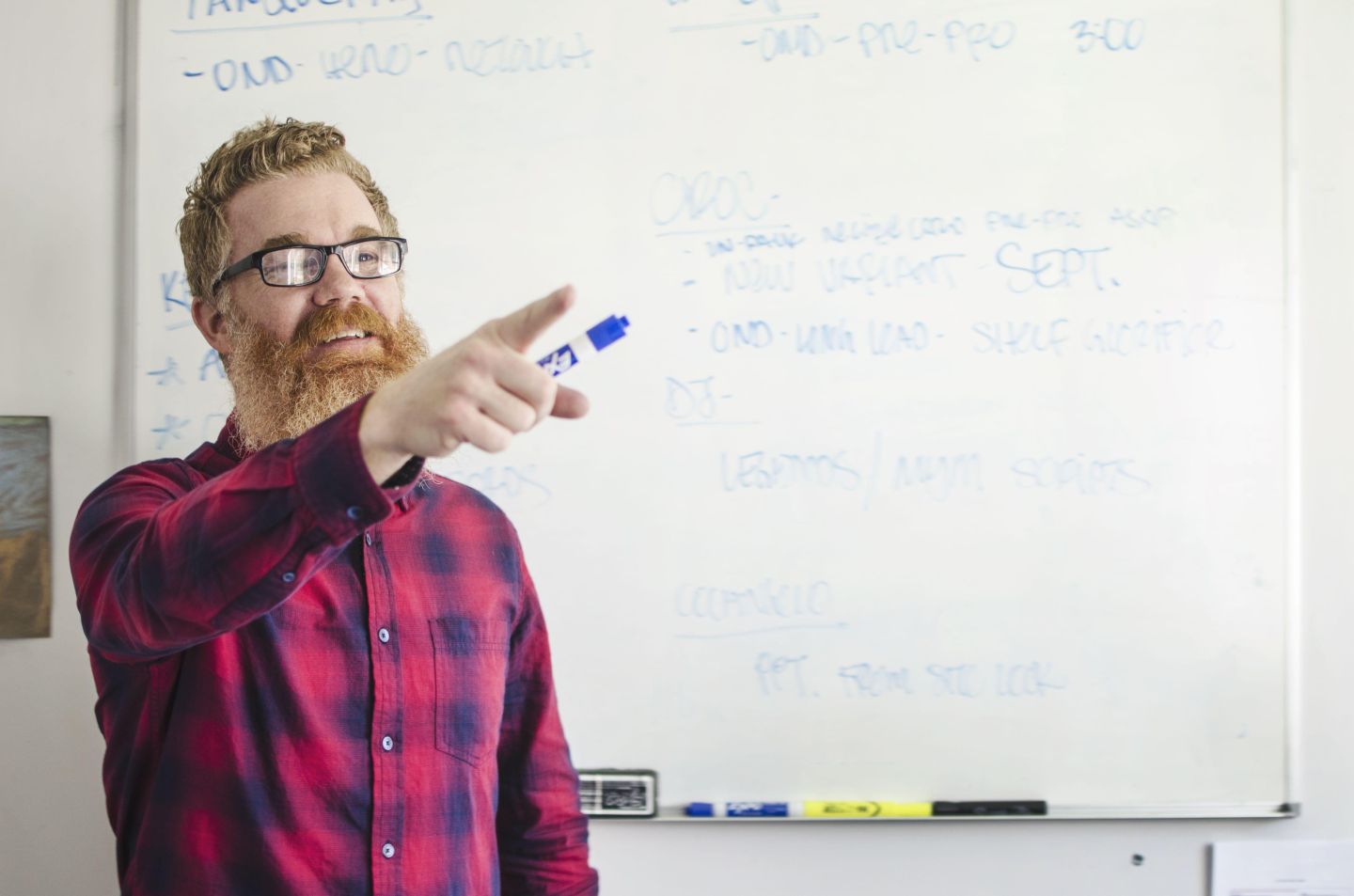
The Postgraduate Diploma in Teaching in Further Education is a professional teaching qualification and is accredited by the Teaching Council of Ireland. The programme provides participants with the knowledge, skills and competences required to teach in a variety of settings in the Further Education and Training (FET) sector. Programme participants will complete taught modules which focus on both the practical skills and the theoretical frameworks that underpin the practice of teaching in FET. In addition, participants must complete 100 hours of Practice Placement in authentic FET, where they can apply their learning in real world teaching settings.
Assessment:
100% continuous assessment. For the Practice Placement modules, students are observed as they teach (at least once per module) and are also required to submit a Practice Placement Portfolio as part of the assessment process.
On successful completion of the programme, you should be able to:
- Critically evaluate the educational and social context within which adult and further education take place nationally and internationally;
- Analyse and reflect critically on the particular features of teaching and learning in the adult and further education sectors;
- Compare and contrast the similarities and differences between the further education sector and other sectors of education in Ireland;
- Exercise discernment in selecting and applying pedagogical and/or andragogical approaches to teaching, learning and assessment appropriate to different learner groups;
- Critique an appropriate range of approaches for the teaching and learning of the subject matter, including assessment and feedback, as appropriate to different learner groups;
- Design a programme, course or module appropriate for the learners, including teaching techniques, assessment and evaluation modes, in accordance with the requirements of the relevant awarding body;
- Demonstrate successful teaching by initiating and leading purposeful activity in in authentic settings, and respond in a skillful manner within unpredictable contexts;
- Engage in a committed manner to reflective practice, contribute to and learn from communities of practice, and act as a change agent where deemed appropriate within the profession
- Appraise existing and emerging technologies suitable for integration into their practice.
Delivery
Full-time over one academic year i.e., 9am-5pm on Thursdays and Fridays semester 1) & 9am-5pm on Thursdays (semester 2).
Part-time over three semesters i.e., 9am-5pm on Thursdays (semesters 1 & 2) & 9am-5pm on Fridays (semester 3).
Course Structure
The programme comprises theoretical, professional studies and practice placement modules
Theoretical Modules
Professional Studies & Practice Placement Modules
- Sociology of Adult Education
- Philosophy and Critical Education Theory
- Educational Psychology for Further Education
- Curriculum and Assessment
- Policy and Policy Making in Further Education
- Introduction to Professional Practice
- Foundations of Effective Teaching in Further Education
- Developing Effective Teaching in FE
- Practice Placement 1
- Practice Placement 2
- Practice Placement 3
Entry Requirements:
- NFQ Level 8 qualification in an area that is currently taught in FET in Ireland;
- 100 hours of practice placement in an approved FET setting;
- Garda Vetting.
Applicants will be shortlisted for interview subject to meeting the above entry requirements.
The Irish Further Education and Training sector provides graduates of this programme with a wide range of contexts in which to pursue their teaching careers. Opportunities for qualified further education teachers are to be found in a variety of settings from Colleges of Further Education to Adult Education Centre's, Adult Literacy Services and other settings. Graduates of this programme have gone on to work on a range of different further education programmes, including Post Leaving Certificate programmes, Youth reach programmes, programmes that are run under the Back to Education Initiative (BTEI) and the Vocational Training Opportunities Scheme (VTOS), as well as in community education contexts and on both accredited and non-accredited adult education programmes. A number of graduates have also gone on to further study at SETU, including at doctoral level in Education.
Practice Placement (PP) is a core part of all teacher education programmes and enables the student teacher to practice teaching in authentic settings. It involves student teachers, Practice Placement Tutors, the Practice Placement Co-Ordinator, the Practice Placement Academic Lead and workplace Mentors in Further Education settings. PP provides student teachers with the opportunity to plan and prepare lessons in a professional manner, teach effectively, reflect on their teaching and evaluate how successful this was for their students’ learning.
There are three periods of Practice Placement to be completed, one in each semester of the part time programme. The duration of each Teaching Practice Placement is between 4 and 10 weeks and student teachers will carry out a total 100 hours of Practice Placement over the course of the programme (usually 40 hours in semester 1 and 30 hours in each of semesters 2 and 3). 80 of the 100 hours must be delivered as solo teaching hours, while the remaining 20 can include observation of teaching, co-teaching and other activities.
To satisfy the Teaching Council’s registration requirements, placements must meet a number of criteria: they must be completed within recognised Further Education settings (which include Colleges of Further Education, Adult Education Centre's etc.); they must involve working with groups of six or more learners; and they must be on accredited programmes leading to awards at NFQ Levels 1 to 6.
Student teachers are responsible for arranging their own Practice Placements. This generally involves contacting the management of likely partner institutions within the Further Education sector. Applicants who are currently engaged in a teaching or tutoring capacity within the further education sector may wish to nominate some of their existing classes for their Practice Placements provided they meet the criteria below and provided the placement is approved by their appropriate line manager.
A dedicated Practice Placement Co-Ordinator liaises with the student teachers to ensure the practice placement setting meets the programme requirements. Support documents to assist in arranging placement are provided to applicants once they have successfully completed their interviews. Proof of access to placement is required before an applicant can officially be offered a place on the programme, but access to placement does not have to be in place at the time of application and interview.
Course Leader






